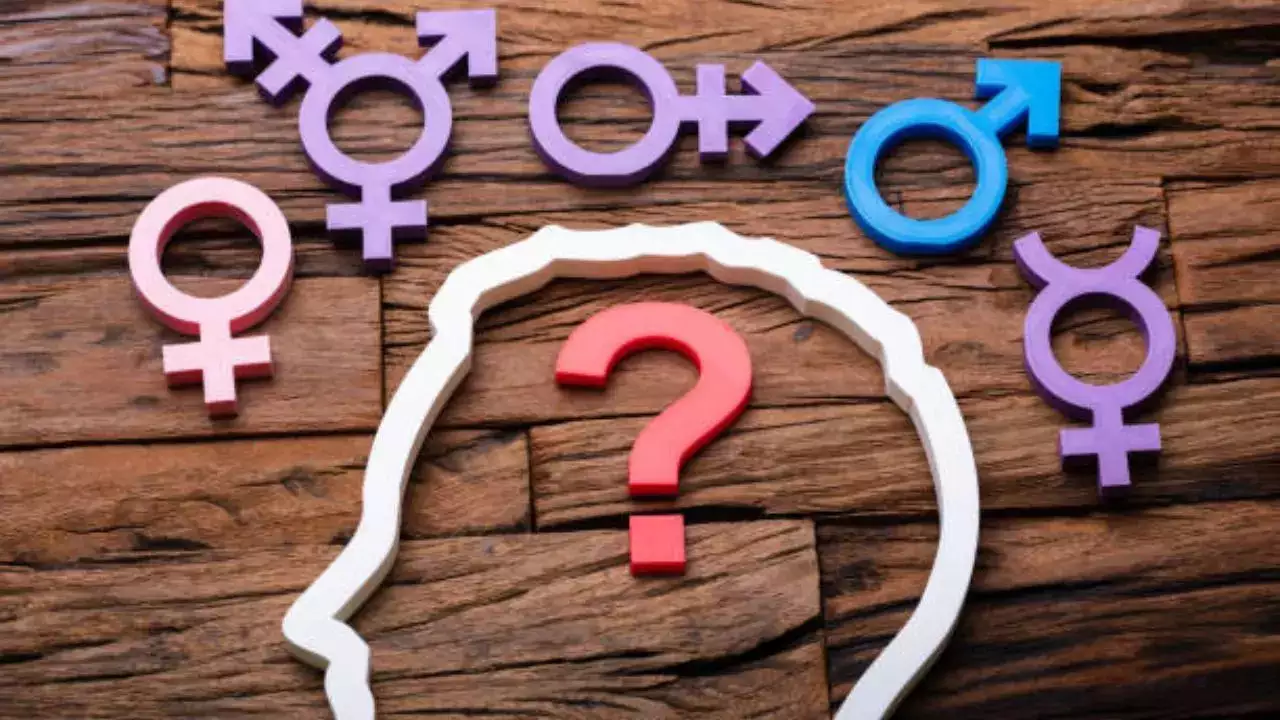
The decision came after advice from medical experts, concerned about the safety risks of prescribing puberty blockers
The British government has indefinitely banned puberty blockers for children with gender dysphoria after concerns over an unacceptable safety risk in prescribing the medication. The decision, according to the authorities, will be revisited in 2027, effectively bans a common approach to medical gender transitions for youths.
It also goes against standards held by medical groups elsewhere, including the European and World Professional Associations for Transgender Health, as well as the American Medical Association and the American Academy of Pediatrics. Health Secretary Wes Streeting explained the decision came after advice from medical experts, concerned about the safety risks of prescribing puberty blockers without further research. "We need to act with caution and care when it comes to this vulnerable group of young people," Streeting said in a statement.
The ban prevents prescribing and advising medicines and drugs that suppress or pause puberty in children with gender dysphoria—a feeling of distress or discomfort that can occur when a person's gender identity differs from their sex assigned at birth—to give more time to consider options that could include gender reassignment.
Emergency ban calls treatment harmful
According to news reports, the announcement has come after a judge this summer upheld an emergency ban in a ruling saying that the treatment was potentially harmful. The emergency ban was put in place by the center-right Conservative government and has now been extended by the center-left Labour government.
However, the ban does not apply to those already receiving puberty blockers for gender dysphoria, to their use in clinical studies, or in the treatment of children with precocious puberty, an uncommon medical condition that causes puberty to begin abnormally early.
It applies across the United Kingdom after consultation with the Scottish and Welsh governments and an agreement with Northern Ireland.
What is gender dysphoria?
Gender dysphoria describes a sense of unease regarding the mismatch between assigned gender and gender identity. According to experts, the feeling affects many, but not all, transgender people before they begin living as their authentic selves.
Those with gender dysphoria experience severe emotional and psychological distress if not able to express their experienced gender and if they do not receive the support and acceptance they need.
Is gender dysphoria counted as a mental illness?
Doctors say gender dysphoria is not a mental illness but leads to many issues:
- Anxiety
- Depression
- Eating disorders
- Post-traumatic stress disorder
- Substance abuse
What leads to gender dysphoria?
Researchers say they are still working to determine the cause, even as the condition is said to start with biological changes that happen before birth.
The anxiety, stress, and general discomfort associated with gender dysphoria are usually linked to social stigma, as gender-nonconforming children, adolescents, and adults often face discrimination and verbal harassment. tati say one in four are physically attacked, and more than one in 10 are victims of sexual assault.
Get Latest News Live on Times Now along with Breaking News and Top Headlines from Health and around the world.
